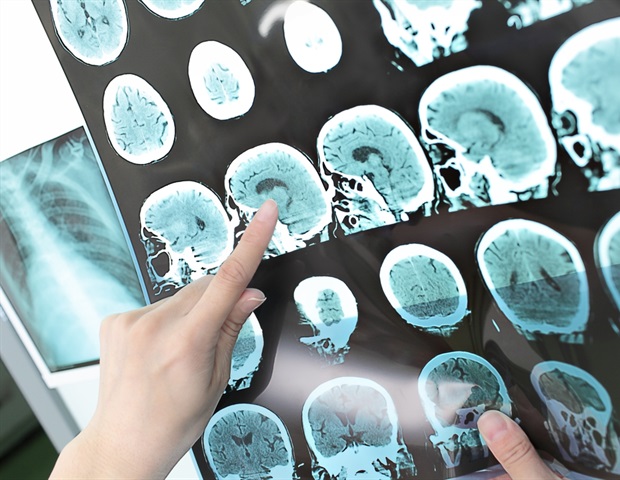The authors of a new study are warning people with type-1 diabetes to use fitness video games with caution.
The study by Staffordshire University and Federal University of Vale do Sao Francisco has found that 'exergames' can change people's perceptions of how fatigued they are – which is potentially harmful for those with the condition.…











